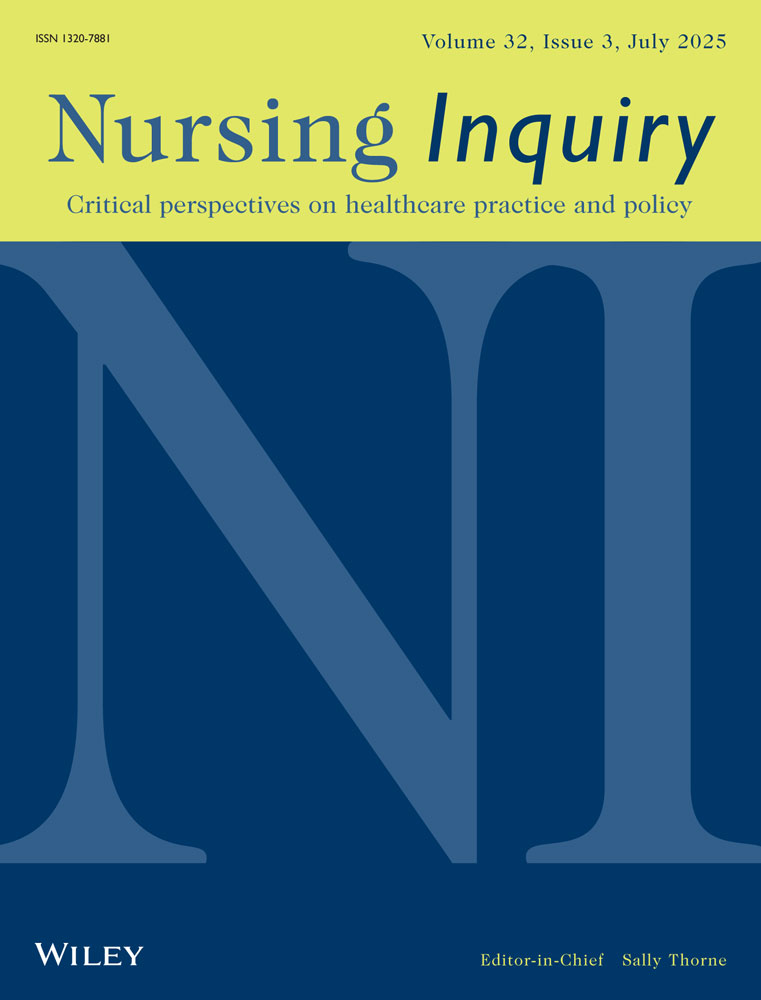Tradition and culture in Heidegger's Being and Time
Abstract
In nursing literature, Heideggerian hermeneutics, as expounded in Being and Time, is taken well near unanimously to be an invitation to explore tradition and culture. Understanding, we are told in the name of Heidegger, is to be found in the realm of common meanings and shared practices. This interpretation of what Heidegger is about in Being and Time is neither unchallengeable nor unchallenged. While a number of scholars can be found to agree with it, there are many others who see it as an utter misreading of Heidegger. In their judgement, it is an interpretation diametrically opposed to what Heidegger sets forth in his treatise. For researchers interested in invoking Heidegger or following a Heideggerian approach, this is a frustrating impasse. The only valid starting point for resolving it, this article suggests, is a close reading of what Heidegger actually says in the pages of Being and Time.




